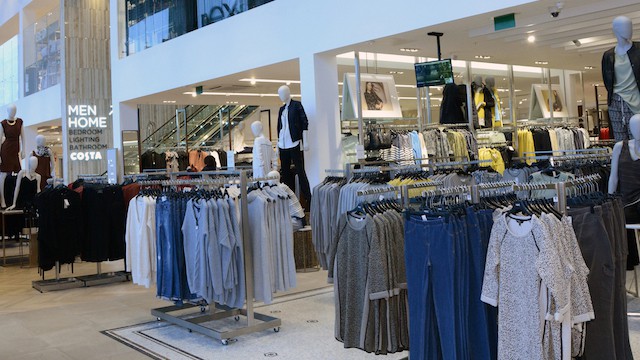Since the EU referendum, shares in Next (LSE: NXT) have slumped by around 15%. That’s understandable as Next is a mainly UK-focused retailer and with the UK economy set to experience a more challenging environment, the company’s sales and profitability could come under pressure.
While a cut in interest rates may help to support consumer spending and Next continues to have plenty of customer loyalty, job insecurity and uncertainty regarding the UK’s medium-term outlook could cause consumers to cut their spending. Although this would directly impact on Next’s financial performance, even before Brexit the company was set to endure a tough period. In fact, Next’s CEO had already said that 2016 could be a very challenging year for UK retailers.
All of this has left investor sentiment towards Next at a low ebb. Its shares now trade on a price-to-earnings (P/E) ratio of 10.8, which indicates that they offer a wide margin of safety. Certainly, the next couple of years could be tough for Next and its peers, but with such a low valuation as well as some international exposure and a high degree of customer loyalty, Next could prove to be a winning investment.
Long-term riser?
Similarly, buying Santander (LSE: BNC) could be a sound move. It has experienced a tough couple of years, with first Brazil and now the UK economies offering highly uncertain outlooks. As those are two of Santander’s main markets, its financial performance will undoubtedly be affected and it would be of little surprise for there to be downgrades to its earnings outlook over the coming months.
However, this may not hurt Santander’s share price all that much. It already trades on a rock-bottom valuation, as evidenced by its price-to-book (P/B) ratio standing at 0.6. This indicates that there’s significant upward rerating potential on the cards. While it may take time for this to happen, Santander continues to offer excellent income prospects in the meantime. It currently yields 5.6% and due to dividends being covered more than twice by profit, their long-term trajectory should be upwards at a brisk pace.
Turnaround stock
Meanwhile, Glencore (LSE: GLEN) remains a very appealing turnaround stock, whatever happens regarding the UK leaving the EU. Clearly, an improving global economy should aid commodity prices and this is likely to boost Glencore’s financial outlook. But its share price performance is also likely to be closely linked to its ability to execute its strategy, which is thus far proceeding relatively well.
Glencore is making asset disposals and seeking to reduce its debt burden to calm investors who previously became concerned at its level of balance sheet risk. If US interest rates stay lower for longer following Brexit and the uncertainty that follows, Glencore’s indebtedness may not prove to be such a red flag for investors and its share price could respond positively as a result.
With Glencore having a price-to-earnings growth (PEG) ratio of just 0.7, it appears to offer a very favourable risk/reward ratio. Therefore, it could be worth buying right now.








